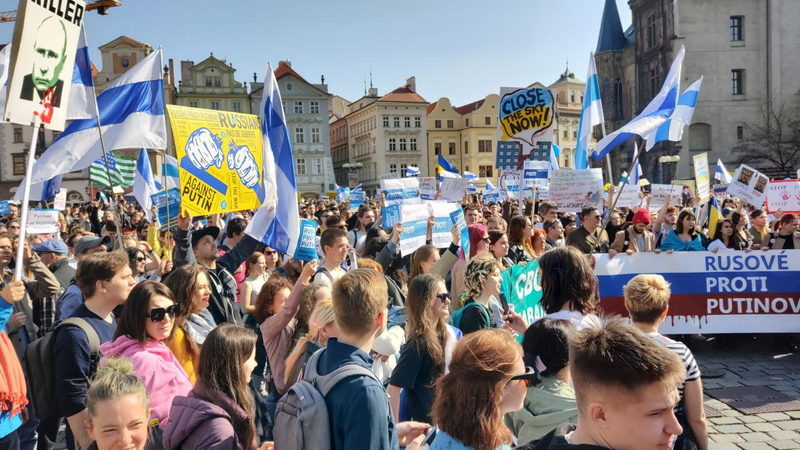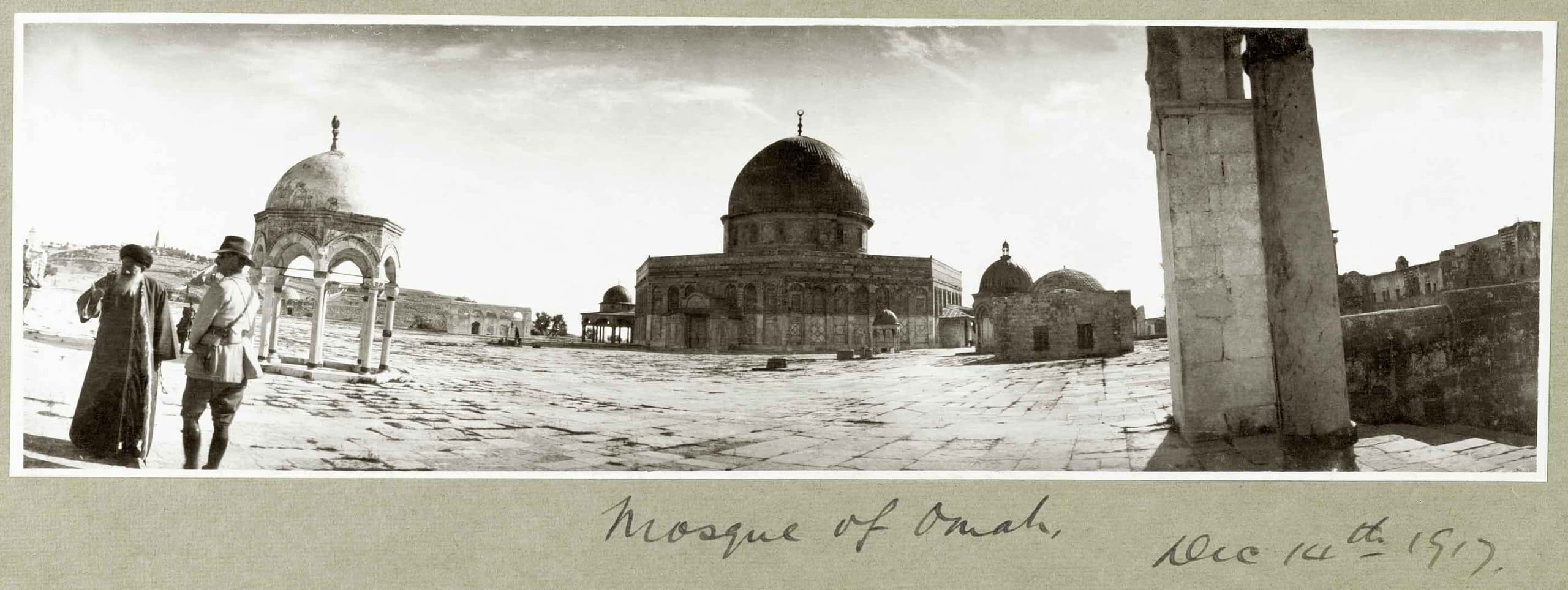By Charlie Hall
Asking a historian to choose their favourite primary source is a cruel assignment indeed. Any piece of historical scholarship we embark on necessarily involves engagement with a great volume of primary material, especially those of us who work on the abundantly well-documented modern period. With whichever primary sources we look at, we hope that we will gain an insight into the past – not just how events unfolded, or why, but also how contemporaries reacted to these developments. This enables us to humanise historical actors and witnesses and to draw out their stories in a way that has resonance for modern readers.
Leave a Comment









